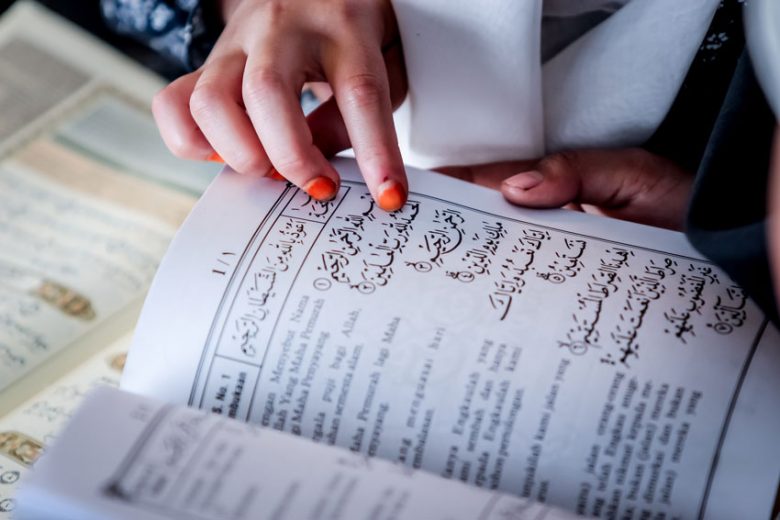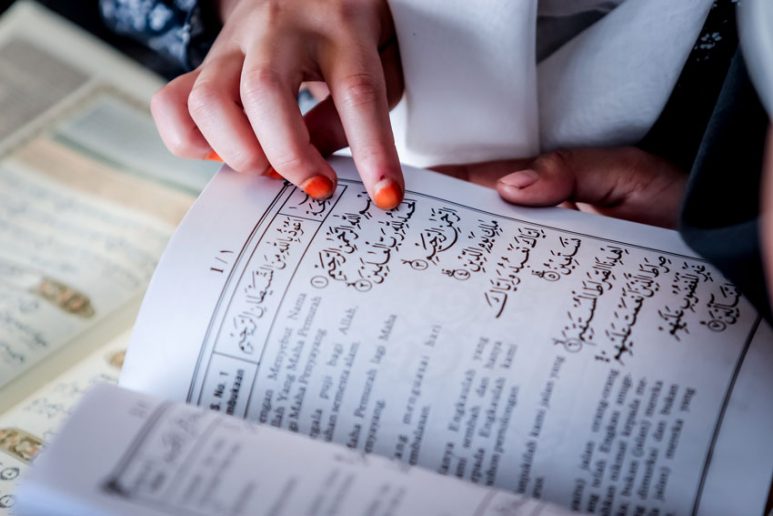By Anna Lekas Miller
The video is part of and was initially published on MDI’s project Get The Trolls Out.

What is religious literacy and why does it matter?
We need to look no further than a recent BBC Woman’s Hour host Emma Barnett interviewed Zara Mohammed—the youngest, and first female leader of the Muslim Council of Britain.
You would think this might be a chance for the BBC to ask the 29 year old leader about her plans to engage women and especially young people in Britain’s diverse and thriving Muslim community.
But…it wasn’t.
Emma Barnett: Now how many female imams are there?
Zara Mohammed: I mean, I think, I don’t have a clue on these numbers—my role is making sure that we include our affiliates in the work that we are doing and making sure our structures are truly representative
Emma Barnett: Now that’s fine if you don’t know—but do we have female imams in this country?
MDI: Yikes. What is on display here is a fundamental lack of religious literacy—a term that refers to the knowledge of and ability to understand a religion.
And let me tell you, a little bit of knowledge can go a long way. For example, if BBC Woman’s Hour Host Emma Barnett had researched female imams beforehand, which you are supposed to do as a journalist, she would know know that while there is no registry for imams of any gender, and that while they’re certainly a minority, female imams certainly exist as do mosques that make a point of being inclusive to anyone who wants to come regardless of gender or sexual identity.
And while Barnett probably thought that she was onto an interesting and provocative question, her persistence on picking at this particular point dug into a tired trope of white, western feminism painting Islam as patriarchal and backwards—which honestly, isn’t a good look for anyone.
Does this mean that only Muslim journalists should be able to report on issues impacting the Muslim community, or only Jewish journalists should report on issues shaping the Jewish community, and so-on and so forth?
Absolutely not—but if you are a journalist and you do find yourself in a position of interviewing someone from a different faith or cultural background than your own, do everyone a favor and learn a little bit about their faith or culture first.
Photo Credits: Akhmad Dody Firmansyah / Shutterstock

